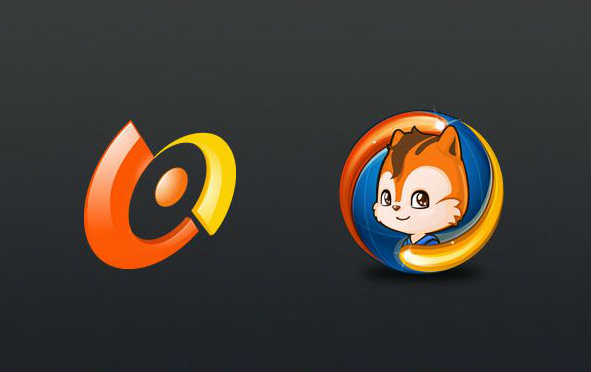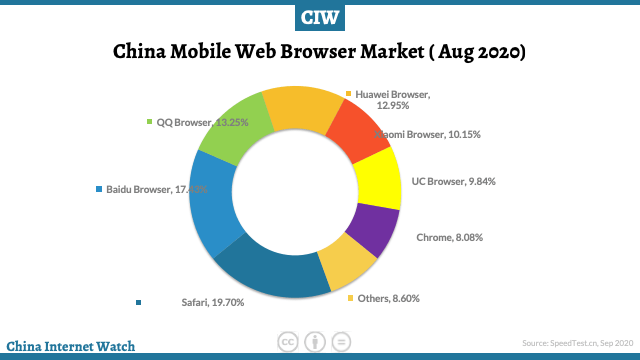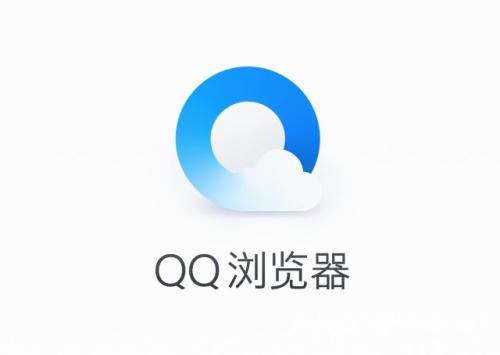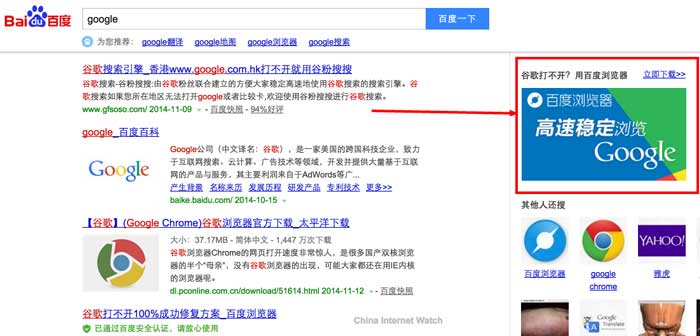China Internet Stats, Trends, Insights
Top Chinese Web Browsers in China

Google Chrome browser still takes the first place in Chinese browser market in August 2020, accounting for 58.22% of the market share, down 0.3% from July.
Microsoft Edge ranked second most popular Chinese browser, with a significant increase in market share, from 15.84% to 16.43%.
Tencent’s QQ browser ranked third, accounting for 7.2% of the market in August, an increase of 0.12% over July.

Sogou Browser has about 4.38% market share.
Top Mobile Apps & Platforms in China
Top Mobile Browsers

Safari still takes the first place in China’s domestic mobile browser market in August 2020, with a market share of 19.7%, a decrease of 0.89% compared with July.
Baidu Browser ranked second, down from 17.96% to 17.43% in August. QQ Browser still ranked third on mobile, but the market share slipped from 14.38% to 13.25%.
Overall, the market share of the top 3 mobile browsers has decreased correspondingly, while the market share of other brands has increased.
Huawei, Xiaomi, UC Browser, and Chrome ranked the fourth to the seventh respectively.
Top Mobile Internet Browser in China
Chrome.

Google’s Chrome browser, also called by some online users as Google Browser, is one of the popular choices among China’s online users.
UC Browser.

A main competitor in China’s mobile web browser market.
Sogou Browser. Another popular product of China’s second largest search engine Sogou, who also owns an input software.
QQ Browser.

Tencent’s QQ Browser also provides both desktop and mobile clients versions for online browsing.
360 Browser.

Qihoo 360 secure browser, first released in September 2008, was once the biggest browser in China. According to CNZZ, 360 Secure Browser occupied 24.21% market share. It had 332 million monthly active users, and the penetration rate hit 70%.
More and more people suffer from internet fraud as online shopping is booming in China. For example, criminals might sell a very cheap product online just to obtain user credit card information or simply take away the money with or without sending the real products to consumers. Sometimes, they pretend to be costumer service of a big online store and get your payment information.
360 secure browser claims to be very good at identifying a phishing website and blocking Trojan horses. This function helped 360 Secure Browser win the majority of China browser market.
In the beginning of 2013, Qihoo 360 launched a service targeting online shoppers. If the online shopper lost money and it’s due to the failure of 360 secure browser to protect shoppers from fraud, Qihoo guarantees compensation of up to 72,000 yuan (USD 11,685 ). Up to now, the total number of illegal websites blocked by 360 secure browser reached 8.8 billion times.
How Qihoo 360 Dominated China Web Browser Market
Qihoo 360 gave away its authority product Qihoo Ani-virus software for free to build up a vast user base and expand into new areas like online gaming, online shopping, directory listings, and the 360 Safe Browser.
Qihoo’s security software reminds users 360 browser is safer than IE every time IE had a security vulnerability. And, the next thing its security software asked its users to do is to set 360 Secure Browser as the default browser.
When a user tried to install another browser, the security suite would try to block; when the user allowed the installation, it would pop up a window asking users not to set it as the default browser.
Its anti-virus software would show a lower security score when 360 Secure Browser is not installed. 360 Secure Browser was later bundled into its security software installation.
Qihoo also made it hardly possible for users to uninstall its browser. When some users managed to uninstall it, they were unable to access the Internet.
In 2011, Qihoo 360 provided one-year free computer repair services via remote control. When Qihoo’s technicians repair, will they also install the 360 secure browser and set the homepage to hao.360.cn, which contributed a lot to its advertising revenue.
Baidu Browser
Launched in 2011 and once among the top 10 web browsers in China, Baidu announced its plan not to continue the development of its PC web browser in May 2019.

And, it used to offer “fast, stable access” to Google, spotted in 2014. Without using any VPN service, accessing Google search was indeed fast and stable! Gmail got the same improved experience.
But the access location was not user’s local one. They would be accessing Google through Baidu (proxy). This means technically you could lose your login and personal information to Baidu.
X Browser
A lightweight browser of less than 1M in size with an “X” indicating extreme, including features like ad-blocking, security, and media sniffing.
Privacy Issues with Chinese Browsers
Some of the most popular Chinese browsers in China are reportedly lacking in encryption, according to a new report from the University of Toronto’s Citizen Lab obtained by the Wall Street Journal.
The report revealed that Tencent’s QQ browser, Alibaba’s UC browser, and Baidu’s browser were all transmitting user data to their respective servers with weak encryption or no encryption at all.
Tencent responded with a statement to the Journal saying that the issues raised have been fixed.
Chinese Web Browser FAQs
Is Chrome a Chinese app?
Chrome is not a Chinese app. But many Chinese tech companies use the same open-source technology to develop their own version of web browsers.
Also read: China smartphone market share